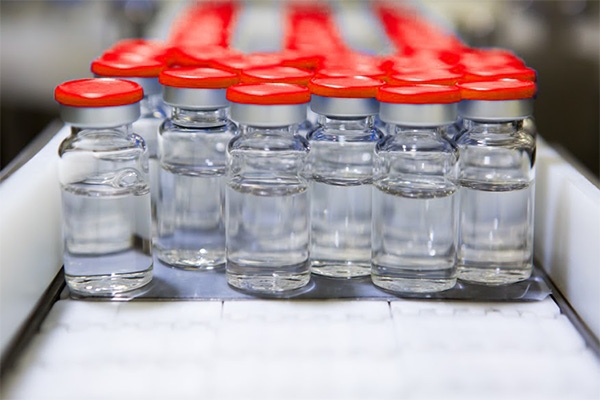Voices of Biotech
Podcast: MilliporeSigma says education vital to creating unbreakable chain for sustainability
MilliporeSigma discusses the importance of people, education, and the benefits of embracing discomfort to bolster sustainability efforts.
March 20, 2023

Sponsored Content
With the explosion of the large molecule (biologics) market, the industry has entered a new era of drug development. This growth — 10% to 15% each year — is being driven by monoclonal antibodies (mAbs), which are anticipated to have worldwide sales of over $240 billion by 2025.
However, with this expanding market comes some considerable challenges for drug manufacturers due to the fragile nature and instability of these large, complex molecules. As compared to small molecules, large molecules generally require special handling procedures for the bulk drug substance, formulation, and sterile filtering and filling of the final drug product, which is forcing changes at nearly every level of the manufacturing process.
The future of the biopharmaceutical industry and the ability to successfully develop large molecules are both dependent on a manufacturer’s ability to preserve the native state of a biologically active protein. This becomes especially important in fill finish, where there are a significant number of manipulations necessary to complete the process. Large molecule properties and protein functions are directly dependent on both the nature of the manufacturing process and the preservation of the protein’s 3D structure. For this reason, the sterile manufacturer must be aware of the innate properties of proteins and the external factors that can affect an individual protein’s structure and hence not only its behavior but also its stability. Therefore, a controlled environment equipped with the expertise and experience needed to ensure the safe handling of high-value therapeutics become part of the critical factors of manufacturing.
You May Also Like